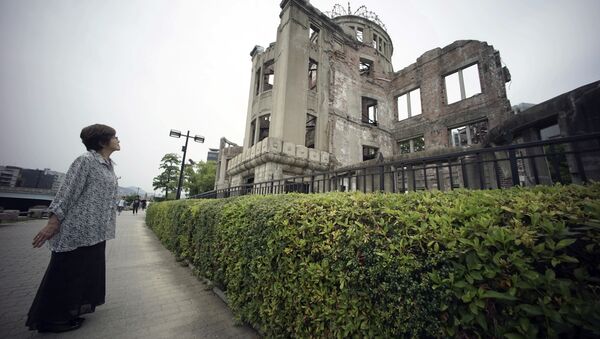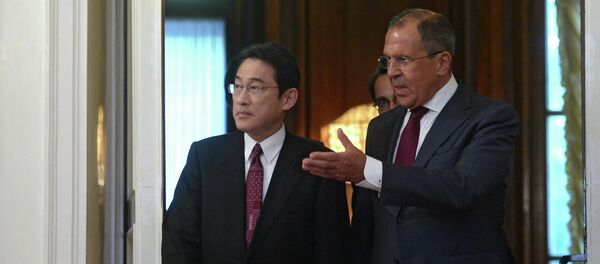"This does not conform to the humanism that forms the ideological basis of international law. The Japanese government is explaining this across various platforms," Kishida told reporters.
The large-scale loss of life as a result of the bombings has led to "a poor situation in terms of humanism," he added.
In 1945, the United States dropped two atomic bombs on Hiroshima and Nagasaki, on August 6 and 9 respectively. The bombing in Hiroshima killed about 150,000 residents of the city, and the raid on Nagasaki claimed the lives of some 70,000 people. The bombings prompted Japan's unconditional surrender on August 15, bringing World War II to an end.
Earlier this month, a Sputnik.Polls poll conducted in Japan revealed that 61 percent of the Japanese believed the United States should apologize for the atomic bomb attacks, while 74 percent of respondents said that the attacks could not be justified by the war because the civilian death toll they inflicted was disproportionate.
According to a separate 2015 survey conducted by Pew Research Center, only 56 percent of Americans believe the attacks were justified while a whopping 79 percent of Japanese believe the move was unjustified. A 1945 Gallup poll revealed that 85 percent of Americans supported Truman's use of atomic weaponry. This is reflected in opinions among older Americans: last year's Pew study revealed that 70 percent of Americans over age 65 believe the bombings were justified.




